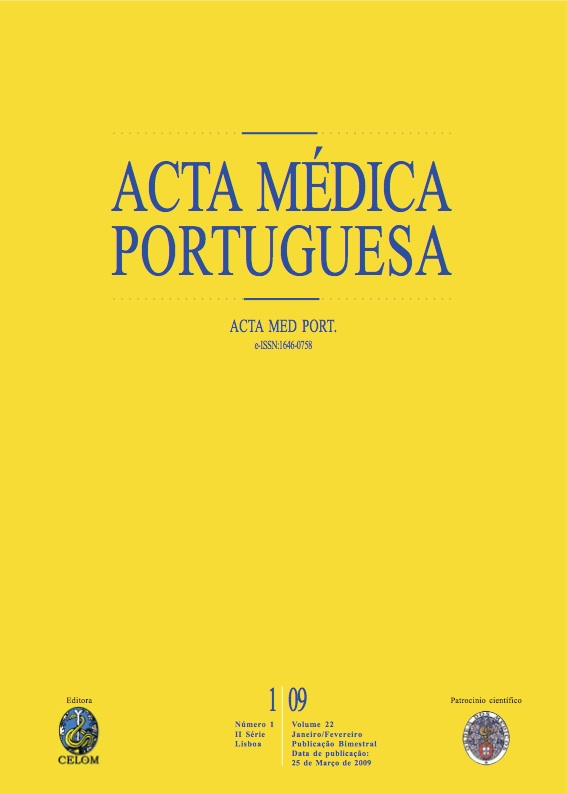The relations between neurocognition and quality of life in people with schizophrenia.
DOI:
https://doi.org/10.20344/amp.1682Abstract
Neurocognitive deficits constitute an important and significant characteristic of Schizophrenia. Recent investigations tried to establish a causal relationship between neurocognitive deficits and functional outcomes. However, in studies that used quality of life as the primary functional variable, mixed results were found. In some studies associations with neurocognition were strong, but in others, the associations were week or inexistent. The purpose of this study was to identify neurocognitive constructs that seems to be differential predictors of distinct quality of life dimensions. Sample consisted of 37 individuals diagnosed with Schizophrenia. All subjects were assessed with a battery of neurocognitive tests. For the assessment of quality of life we used the WHOQOL--Bref Portuguese Version. We performed correlational analysis and stepwise multiple regression analysis, in order to determine predictive models of quality of life. There were found significant correlations between most of the neurocognitive constructs and quality of life. Predictive models explained 21% to 49% of the variance in the domains of quality of life that we considered. Significant neurocognitive predictors were the following: for the Physical domain, the executive functions; for the Psychological and Social Relations domains, attention and visual-spatial organization; for the Environmental domain, the executive functions and attention. These results highlight the significance of basic neurocognitive functions to the determination of quality of life outcomes in persons with Schizophrenia, especially the functions related to the ability to adapt to changes and to the environmental feedback, the ability to keep focused and attentive, and the aptitude to correctly organize perceptual data.Downloads
Downloads
How to Cite
Issue
Section
License
All the articles published in the AMP are open access and comply with the requirements of funding agencies or academic institutions. The AMP is governed by the terms of the Creative Commons ‘Attribution – Non-Commercial Use - (CC-BY-NC)’ license, regarding the use by third parties.
It is the author’s responsibility to obtain approval for the reproduction of figures, tables, etc. from other publications.
Upon acceptance of an article for publication, the authors will be asked to complete the ICMJE “Copyright Liability and Copyright Sharing Statement “(http://www.actamedicaportuguesa.com/info/AMP-NormasPublicacao.pdf) and the “Declaration of Potential Conflicts of Interest” (http:// www.icmje.org/conflicts-of-interest). An e-mail will be sent to the corresponding author to acknowledge receipt of the manuscript.
After publication, the authors are authorised to make their articles available in repositories of their institutions of origin, as long as they always mention where they were published and according to the Creative Commons license.









